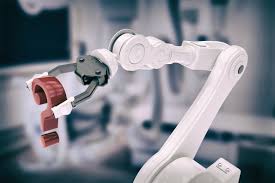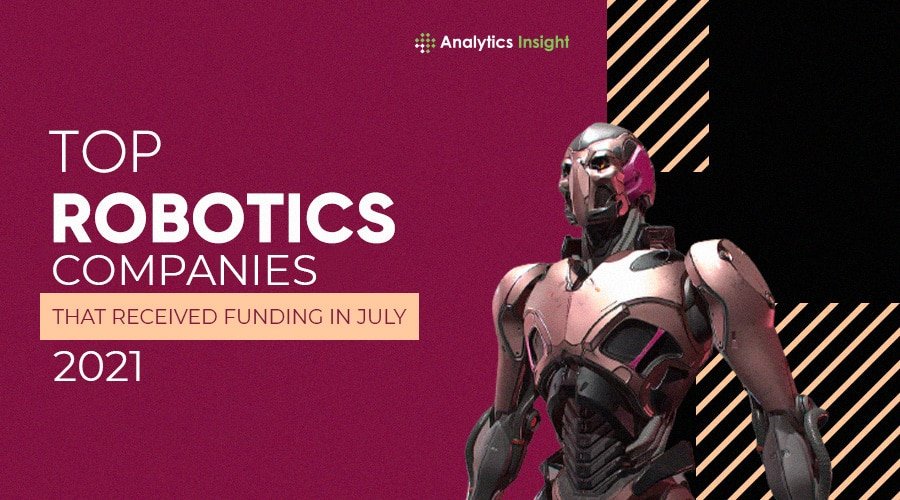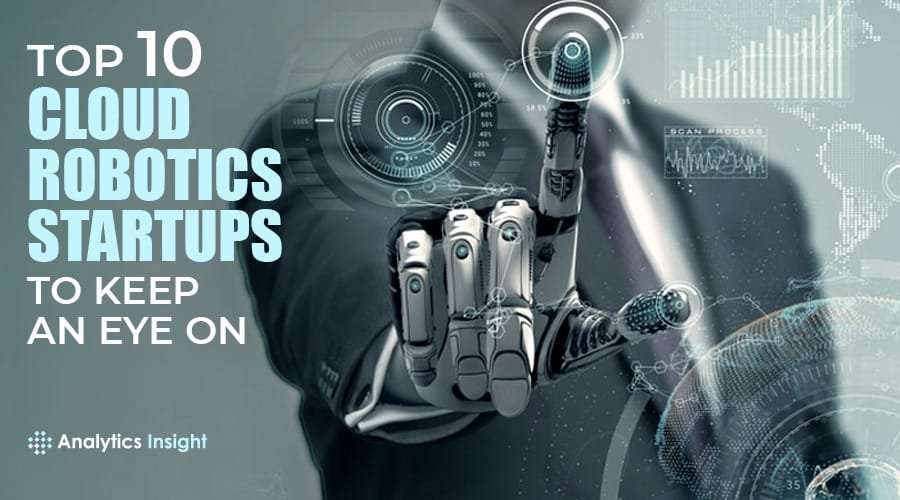Source: bdtechtalks.com
Will robots take my job? This question has inspired numerous memes and websites and was even a topic in the U.S. presidential campaign. It is something I think about often as a technology entrepreneur and as someone who leads a team of remarkable people. Progress is an unstoppable force, but how can we ensure that people don’t become casualties of it?
In January 2019, global leaders gathered in Davos for the World Economic Forum (WEF). At the top of their agenda: the Fourth Industrial Revolution and its impact on people and economies. The Fourth Industrial Revolution refers to how technologies such as artificial intelligence (AI), machine learning, self-driving vehicles, and connected devices are all merging with humans’ physical lives. Klaus Schwab, founder and executive chairman of the WEF, noted at the time that the Fourth Industrial Revolution is “blurring the lines between the physical, digital and biological spheres.” The discussion focused on how to responsibly adopt these technologies and make sure that no global citizen is left behind in the coming wave of transformation.
Just how significant is this wave? McKinsey & Company predicts that “currently demonstrated technologies could automate 45 percent of the activities people are paid to perform and that about 60 percent of all occupations could see 30 percent or more of their constituent activities automated.” Note that this prediction doesn’t state that the jobs will be eliminated or replaced by bots, but that some of 30 percent of the human workers’ processes will be automated. In fact, the consulting firm goes on to say that “Physical and manual skills will nonetheless continue to be the single largest category of skills (measured by time spent), shrinking from 31 percent of workers’ time in 2016 to 25 percent in 2030 across the United States and Western Europe.” Of the basic manual skills that will be offloaded to automation, “Basic data-input and -processing skills will be particularly affected by automation, falling by 19 percent in the United States and by 23 percent in Europe in the 2016 to 2030 period. The decline will be in nearly all sectors as machines increasingly take over straightforward data-input tasks.”
Technology and responsibility
As tech leaders, we have a responsibility to develop solutions that positively impact the entire population. There are two sides to technological evolution: the thrill of inventing something new that will completely upend the way things are done, but also the impact that innovation will have on people and the economy. For the worker whose job is primarily data entry, what does automation represent to their future?
I take that responsibility very seriously when my company, Kryon, helps a company automate business processes. On the one hand, robotic process automation (RPA) can achieve breakthrough levels of speed and productivity and reduce human error. But on the other, the impact may eventually lead to lost positions for the people who work for that company.
It isn’t enough to adopt RPA just for its amazing cost reduction and higher revenue. It’s not about replacing your human workforce with robots; it’s about taking the robotics out of the human worker’s job. As your company continues its journey towards digital transformation and greater efficiency, why not bring your people into the future of work with you? There’s no stopping progress, nor should we want to hold back on technology tools that can improve how work gets done. But while we toast to progress, it’s important to take care of the people who have put in countless hours helping the company succeed.
Walking the walk
Kryon has adopted this philosophy internally, as well. We encourage everyone in our organization to come up with processes they’d like to offload to a “bot” friend. After the first lengthy covid-19 lockdown, our company morphed into a “hybrid” work model. We gave employees the choice of working from home or coming into the office. It created a huge amount of manual work for our office manager. Her job description expanded to keep track of the welfare and whereabouts of each employee. This additional task was interfering with some of her core work, so she developed a bot. Each employee is required to update the company portal with their status for the day: WFH/sick/vacation. All other employees are assumed to be working in the office. Upon arrival at work, employees must report to the “Corona Room” to take their temperature and complete a “Declaration of Health” form. If the bot discovers that you have not completed and signed the form, it sends out a series of reminders via email to the employee and his/her direct manager until the health form has been submitted. This idea and implementation saved our office manager hours each day.
If done properly, RPA can create active participants out of an organization’s human workforce. Armed with knowledge, they have the power to control what the bots do and how to make them more efficient. Collectively, we can use RPA to orchestrate better work environments and provide long-term solutions that benefit everyone. This shift in perspective must happen to ensure that the future of work holds promise for everyone.
The global pandemic is forcing companies to innovate—and automate
RPA is a game-changer for the enterprise market in our current reality. The technology enables organizations to deploy virtual workers that can execute any logical actions that have historically been a drag on human productivity. With software, virtual machines in the cloud can act like humans. Bots, powered by AI, can assist human workers by taking on the processes that are prone to error or require repetitive steps. This ability has never been more crucial than it is now, with a global public health crisis continuing to change our daily lives.
For example, my company was called in to help one of the largest banks in Israel early in the pandemic. Their call center workers were overwhelmed by customers calling in to request delayed payments on their mortgages and credit cards. The loan agents who process these requests were swamped. There were multiple steps involved in handing just one banking customer’s request–a good indicator that a process is ripe for RPA.
Today, customers at that bank can submit a request for a payment deferral via the bank’s website. An AI-powered bot receives the request automatically, validates all the details, and matches the information with multiple credit systems. Once the bot completes these processes, a bank agent receives an initial approval of the customer’s request and takes it from there, person-to-person. If the requester is eligible, a bot sends an automated email and an SMS notification to the customer with the new payment date, while also updating it in the bank’s CRM. This scenario alone has shown a 70-percent reduction in average handling time per call, which provides some relief to the call center workers and bank agents as well as the customers who desperately need the postponement.
We have seen this exact scenario roll out many times, especially during the pandemic. Organizations are geographically scattered due to stay-at-home orders; flights have been grounded, and workers are staying at home with their children due to school closures. RPA has entered the picture to support businesses as they navigate through this difficult time.
As the economy continues to struggle on a global scale, there will be more lost jobs and redundancies. But we can help mitigate impacts like these by encouraging customers to develop a long-term strategy to educate employees to become RPA bot developers or empower them with other new skills. Employees trained to do more meaningful and creative tasks will be more valuable, and they’ll enjoy their work a lot more if they are not bogged down with manual processes that take hours to do.


